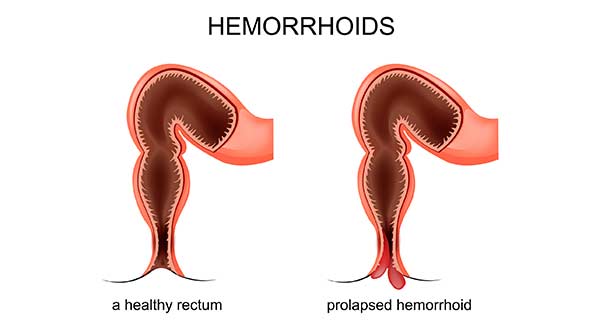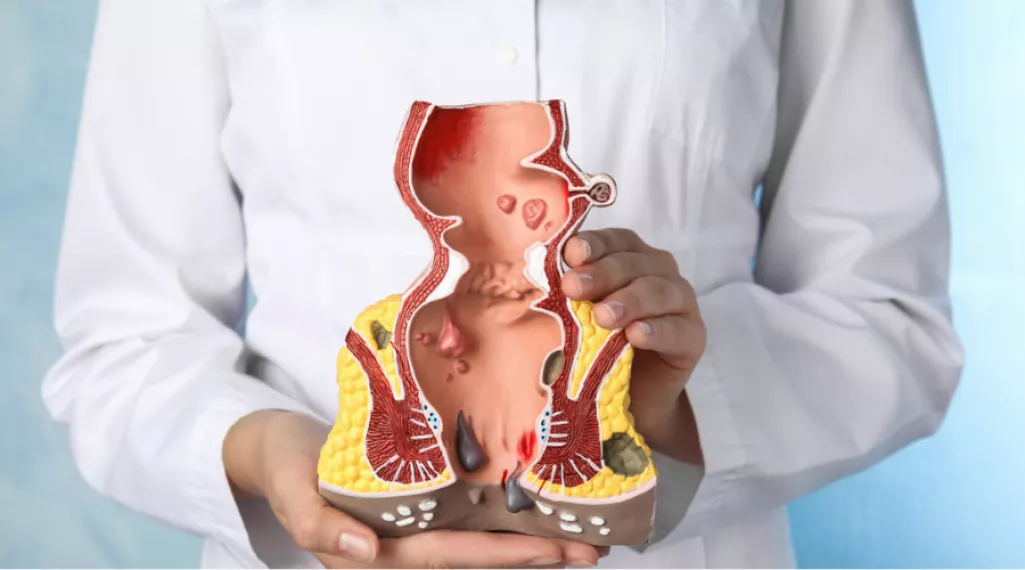What is the Main Cause of Hemorrhoids?
Hemorrhoids, also known as piles, are swollen veins in the lower rectum and anus, similar to varicose veins. They can cause discomfort, itching, pain, and bleeding during bowel movements. Understanding the main causes of hemorrhoids is essential for prevention and effective management.
Table of Contents
Understanding Hemorrhoids
Hemorrhoids are classified into two types:
- Internal Hemorrhoids: These are located inside the rectum and are usually painless but can cause bleeding.
- External Hemorrhoids: These form under the skin around the anus and can be painful and itchy.
Main Causes of Hemorrhoids
Straining During Bowel Movements
One of the primary causes of hemorrhoids is straining during bowel movements. This pressure can cause the veins in the rectum and anus to swell and become inflamed. Factors that lead to straining include:
- Chronic Constipation: Difficulty passing stools can lead to straining.
- Chronic Diarrhea: Frequent bowel movements can also cause straining.
Prolonged Sitting
Sitting for long periods, especially on the toilet, can increase pressure on the veins in the rectum and anus, leading to hemorrhoids. This is particularly common among individuals with sedentary lifestyles or those whose jobs require prolonged sitting.
Pregnancy
Pregnancy is a significant risk factor for hemorrhoids. The increased pressure on the pelvic blood vessels from the growing uterus can cause the veins in the rectum and anus to swell. Hormonal changes during pregnancy also contribute to the development of hemorrhoids.
Obesity
Excess body weight, particularly in the abdominal area, increases pressure on the pelvic veins. This can cause the veins in the rectum and anus to enlarge and become hemorrhoids. Maintaining a healthy weight through diet and exercise can help reduce this risk.
Low-Fiber Diet
A diet low in fiber can lead to constipation and straining during bowel movements. Fiber helps soften the stool and promotes regular bowel movements, reducing the risk of hemorrhoids. Foods high in fiber include:
- Fruits and vegetables
- Whole grains
- Legumes
- Nuts and seeds
Heavy Lifting
Frequent heavy lifting can increase intra-abdominal pressure, which can contribute to the development of hemorrhoids. It is important to use proper lifting techniques and avoid lifting weights that are too heavy.
Aging
As we age, the tissues supporting the veins in the rectum and anus can weaken and stretch, increasing the risk of hemorrhoids. This is why hemorrhoids are more common in older adults.
Genetic Factors
A family history of hemorrhoids can increase your risk. Genetic factors can affect the strength of vein walls and the function of the veins in the rectum and anus.

Prevention and Management of Hemorrhoids
Increase Fiber Intake
Eating a high-fiber diet can help prevent constipation and reduce straining during bowel movements. Incorporate plenty of fruits, vegetables, whole grains, and legumes into your diet.
Stay Hydrated
Drinking plenty of water can help soften stools and promote regular bowel movements, reducing the risk of hemorrhoids.
Exercise Regularly
Regular physical activity can help prevent constipation, reduce pressure on the veins, and promote overall bowel health. Aim for at least 30 minutes of moderate exercise most days of the week.
YOU MAY ALSO READ: How to Calm Your Anxiety?
Avoid Straining
Do not strain during bowel movements. If you feel constipated, try to relax and give yourself time. Avoid sitting on the toilet for extended periods.
Practice Good Hygiene
Keep the anal area clean and dry to prevent irritation. Use unscented wipes or moist toilet paper to gently clean the area after bowel movements.
Avoid Prolonged Sitting
Take breaks to stand and move around if you sit for long periods. If you need to sit for extended periods, consider using a cushion to reduce pressure on the rectal area.
Seek Medical Advice
If you experience persistent or severe symptoms, consult a healthcare professional. They can recommend appropriate treatments, including over-the-counter medications, lifestyle changes, or medical procedures.
Conclusion.
The main causes of hemorrhoids include straining during bowel movements, prolonged sitting, pregnancy, obesity, a low-fiber diet, heavy lifting, aging, and genetic factors. By understanding these causes, you can take proactive steps to prevent and manage hemorrhoids. Incorporating a high-fiber diet, staying hydrated, exercising regularly, and practicing good hygiene are essential strategies for maintaining rectal and anal health.







